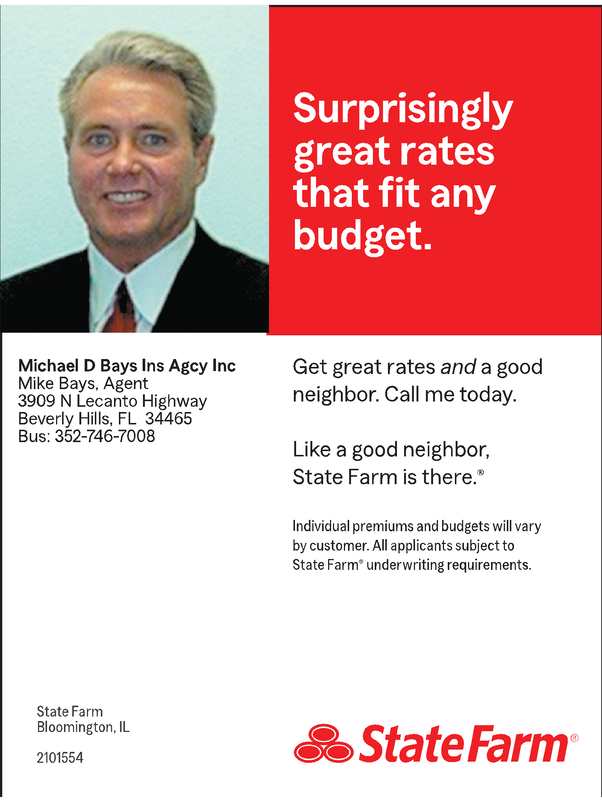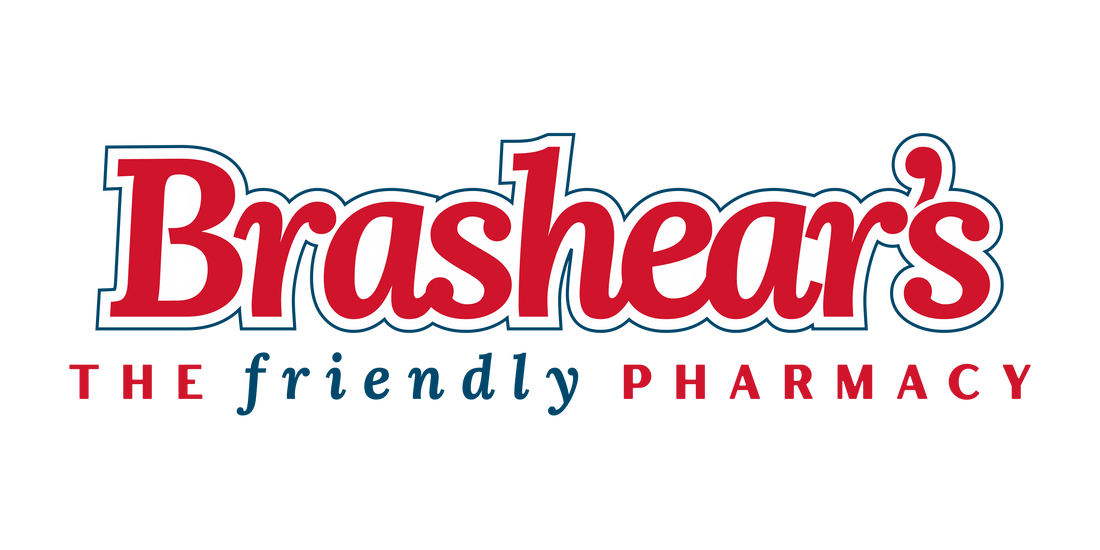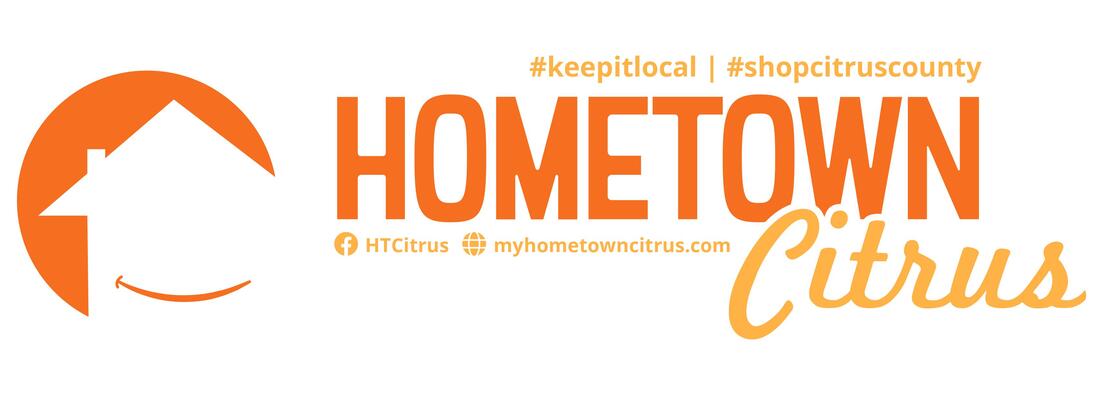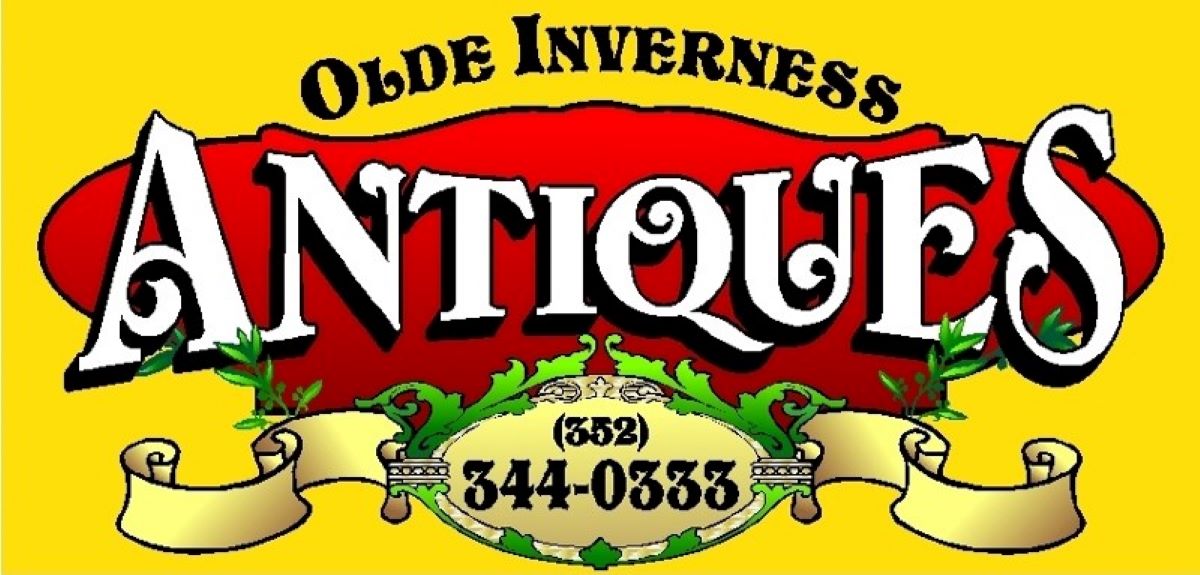 Florida Politics image Florida Politics image Happy Monday! Welcome to Ballot Qualifying Week. By noon Friday, the primary ballot will finalize and we’ll know who is in the race and who isn’t. I set aside my future-looking binoculars a few years back, so don’t expect me to suggest what will happen. It’s fair to say nearly all the local races are intact, ready to go, and this week is a formality. Except for one. Sheriff. I cannot recall EVER this much attention paid to one local race prior to qualifying. Sure, there’s always chatter among the political types about who’s in, who isn’t, that sort of thing.
But the chatter around this sheriff’s race rises to a whole other level. So, here’s what I’m going to do: Four scenarios. You shouldn’t read anything into any of them. I’m not predicting or suggesting a thing. Just four scenarios and how each could shake out. (I’m making only one assumption: The incumbent sheriff runs again. Frankly, if noon Friday rolls around and the incumbent is NOT on the ballot, well, that’s a whole other universe.) — Scenario 1: Four candidates, as it is today. That would place the incumbent against three challengers. All four candidates are Republican, which makes the race open to all votes, even non-Republicans. Aug. 20 is the election. There is no runoff. The winner is elected to a four-year term. Many who pay attention to such things agree the incumbent is nearly guaranteed re-election in a four-way race. Not because he’s qualified or even deserving — the numbers just shake out that way. This incumbent’s success at the ballot box, while providing two terms in office, is hardly overwhelming. He won the 2016 primary with just 53% even after getting endorsed by Phil Royal’s widow and Sheriff Jeff Dawsy. Four years ago, in a four-candidate primary that featured no serious challengers, he took 52%. This year’s challengers are far better prepared for the job than anyone the incumbent has faced yet. Supporters of those challengers are enthused by their campaigns and messages. But…the numbers don’t lie. Unless the incumbent is mired in corruption, which he’s not, or crime is out of control, which it’s not, the only other downfall is he just becomes so disliked that voters simply want to show him the door. Even though this incumbent has blown it six ways to Sunday, I still give him 35% for showing up on the ballot. Logic says 38% will get him another four years. To be safe, set the number at 40%. This is what I don’t like about the four-candidate scenario: It turns into a math equation. Here’s what I like about the four-candidate scenario: The community sends a message, and this incumbent comes in fourth. While I’m dreaming, I’d like a pony. — Scenario 2: Incumbent and two challengers. Same rules apply as Scenario 1 for voters. We all vote, and the winner is the winner. One of two things usually happens in a three-way race: The winner wins big, or it’s very tight at the top. The incumbent’s experience in a three-candidate primary is winning, but not big. He was aided more in 2016 by a weak field made weaker by Phil Royal's tragic death. (Random point: Interesting that the incumbent received 53% of the GOP vote his first election, and 52% four years later. That, my friends, is a telling sign.) This is probably the most intriguing of the matchup potentials. Gives voters a choice, but it’s also not A & B. Doesn’t help the incumbent at all to have two well-qualified opponents, especially if those opponents have varied styles of campaigning. Now that I think of it, this is probably the incumbent’s worst-case scenario. — Scenario 3: Incumbent and one challenger. Same rules apply. Open to all voters, the winner wins. Well, obviously, this would be the clear-as-bell matchup. The incumbent has shown his colors in recent months, giving voters a true picture of who he is. All three challengers are also well known in the community, and we’re going to hear even more in the coming weeks. One challenger vs. the incumbent gives us a real choice between what we have now and what could be. — Scenario 4: A wildcard. A non-Republican candidate with tomfoolery in his mind enters the race, closing the primary to Republican voters only. Then the primary winner and this other "candidate" face one another in the general election. We saw it in 2022, and no need to rehash that. However, I don’t think it works here. I’m not sure how the incumbent, who has infuriated segments of his own political base, fares better by closing the race only to those voters. We get a wildcard; I’m not worried about it. The citizens of this county are stoked for the sheriff’s election. We’re ready for anything. Join the discussion on our Facebook page. Enjoying the blog? Please consider supporting it at Venmo, PayPal, or Patreon. Comments are closed.
|
AuthorMike Wright has written about Citrus County government and politics for 36 years. Archives
July 2024
|



















